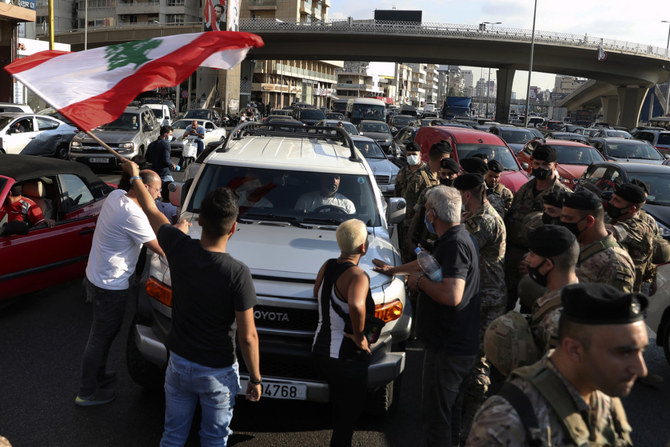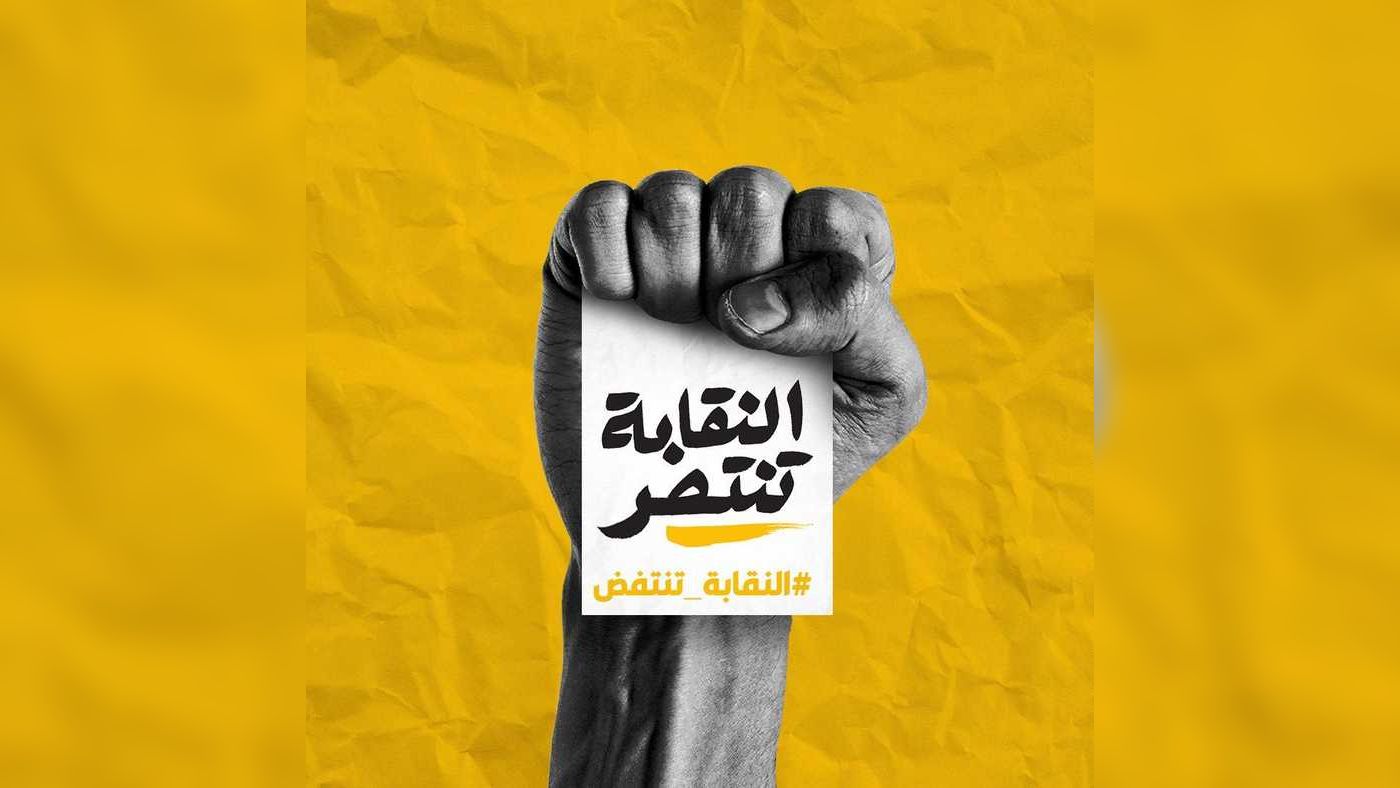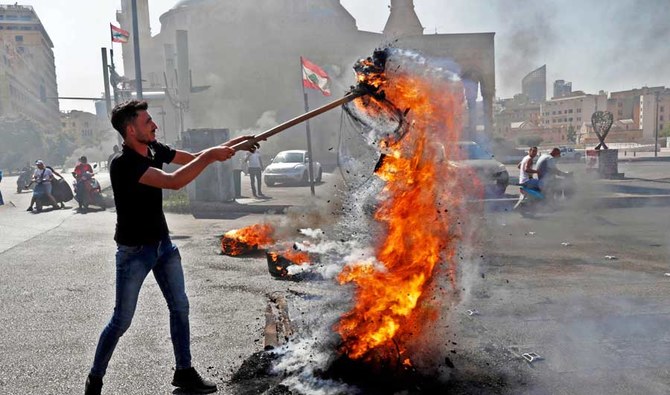
By Nadim Shehadi — arabnews.com — In the Latin American city of Bogota, a prosperous-looking lady goes to an ATM to withdraw cash and her card is rejected. This is how, in the fall of 2019, the widow of a Lebanese immigrant in Colombia first learned of Lebanon’s financial collapse and the bankruptcy of both its banking and public sectors. Financial collapse strikes like a thunderbolt. Those affected emerge confused and disoriented, hardly realizing what hit them. Economic problems can also have financial repercussions. Unsurprisingly, there is a chicken and egg debate about this among economists: Do real economic factors affect financial phenomena, or is it monetary and financial considerations that affect the real economy? Whatever the answer is, the fact remains that, behind financial phenomena, there exists real economic factors. For example, the 2008 collapse in the US was caused by a “real” economic factor: Bad loans, known as “subprime.” Bankers created complex instruments to reduce their risk and spread these globally. When the crisis hit, it dragged everyone down with it and people are still figuring out what struck them.
In Lebanon, the banking sector gave loans to the Banque du Liban (BDL) central bank that, in turn, lent the money to the government, which kept increasing its debt to pay the interest. Bankers are easy to blame, and probably deserve it; the other side of the story is what happens in the economy and drives the crisis. This is in a country that historically operated a budget surplus and had a sound monetary policy, with risk-averse bankers. What the BDL did is no different from what the Federal Reserve and the Treasury Department are now doing in the US, with the trillions of dollars being printed and buying their own bonds. In any other economy, what would follow would be a race between economic recovery and debt servicing to make the latter sustainable. But in the US the government can print dollars as it pleases and feed its own Ponzi scheme indefinitely, as long as the US dollar is the global reserve currency. There is no banking system that can survive a run and, once it happens, it is unstoppable. A run on a bank is when depositors rush to withdraw their money at the same time. It is caused by a sudden loss of confidence. This is what happened in Lebanon after November 2017.





![A demonstrator looks on as Lebanese policemen stand guard outside the Lebanese Central Bank in Beirut. [Getty]](https://english.alaraby.co.uk/sites/default/files/styles/large_16_9/public/2021-06/GettyImages-1074052672.jpg?h=16013371&itok=JswwK9co)



